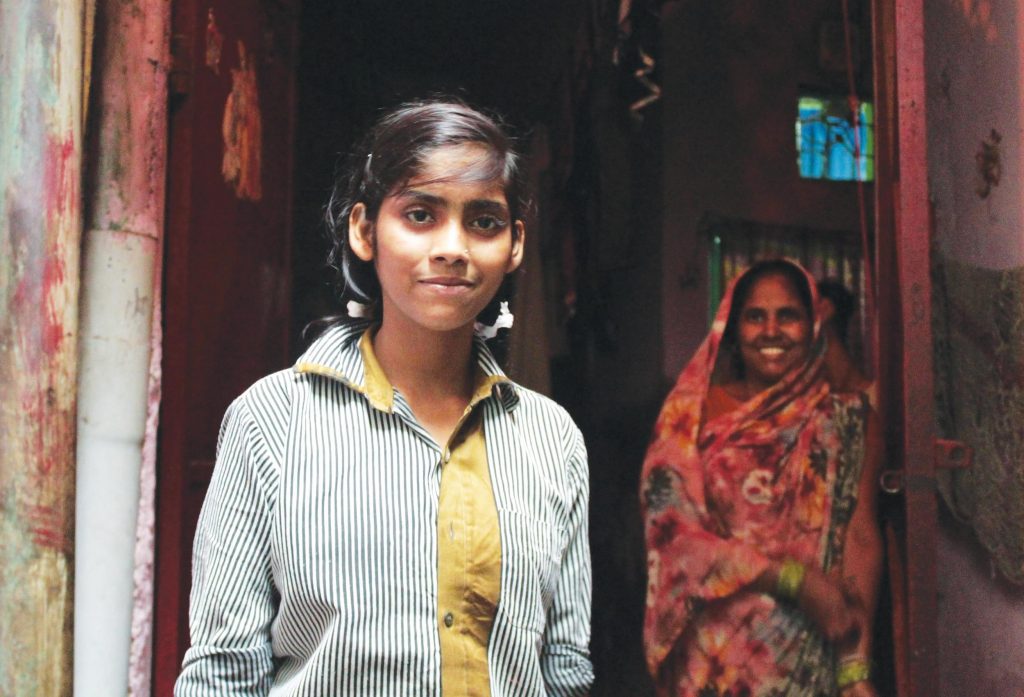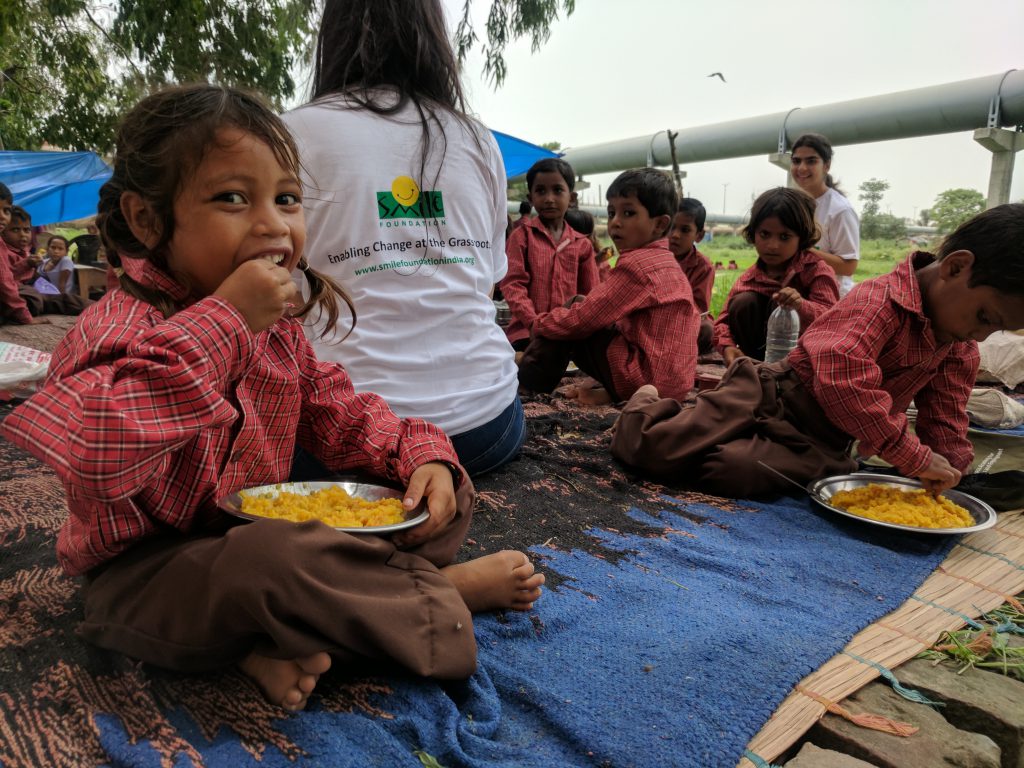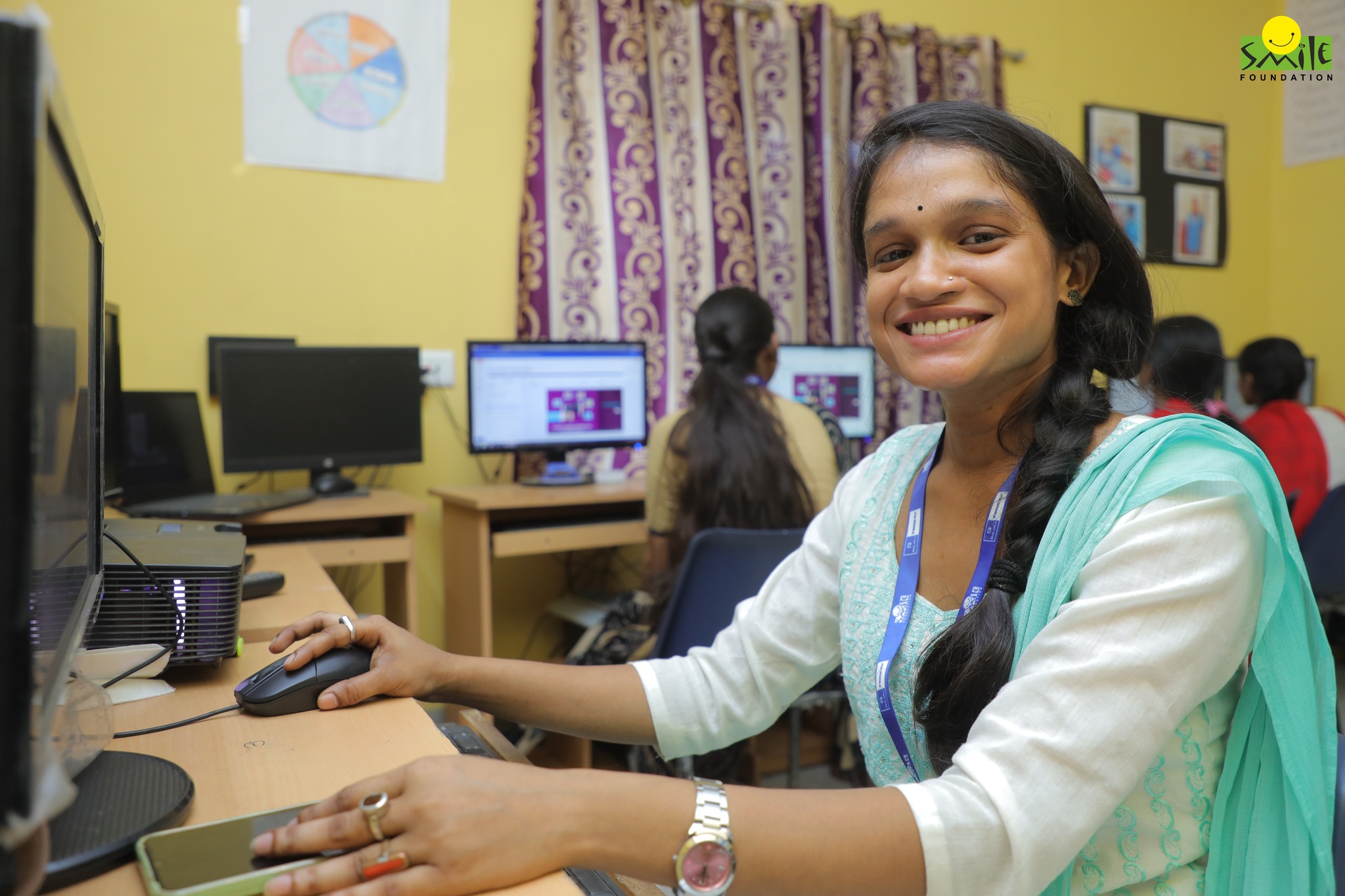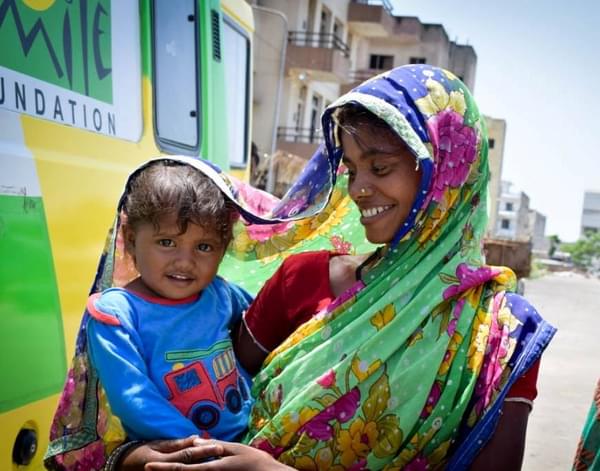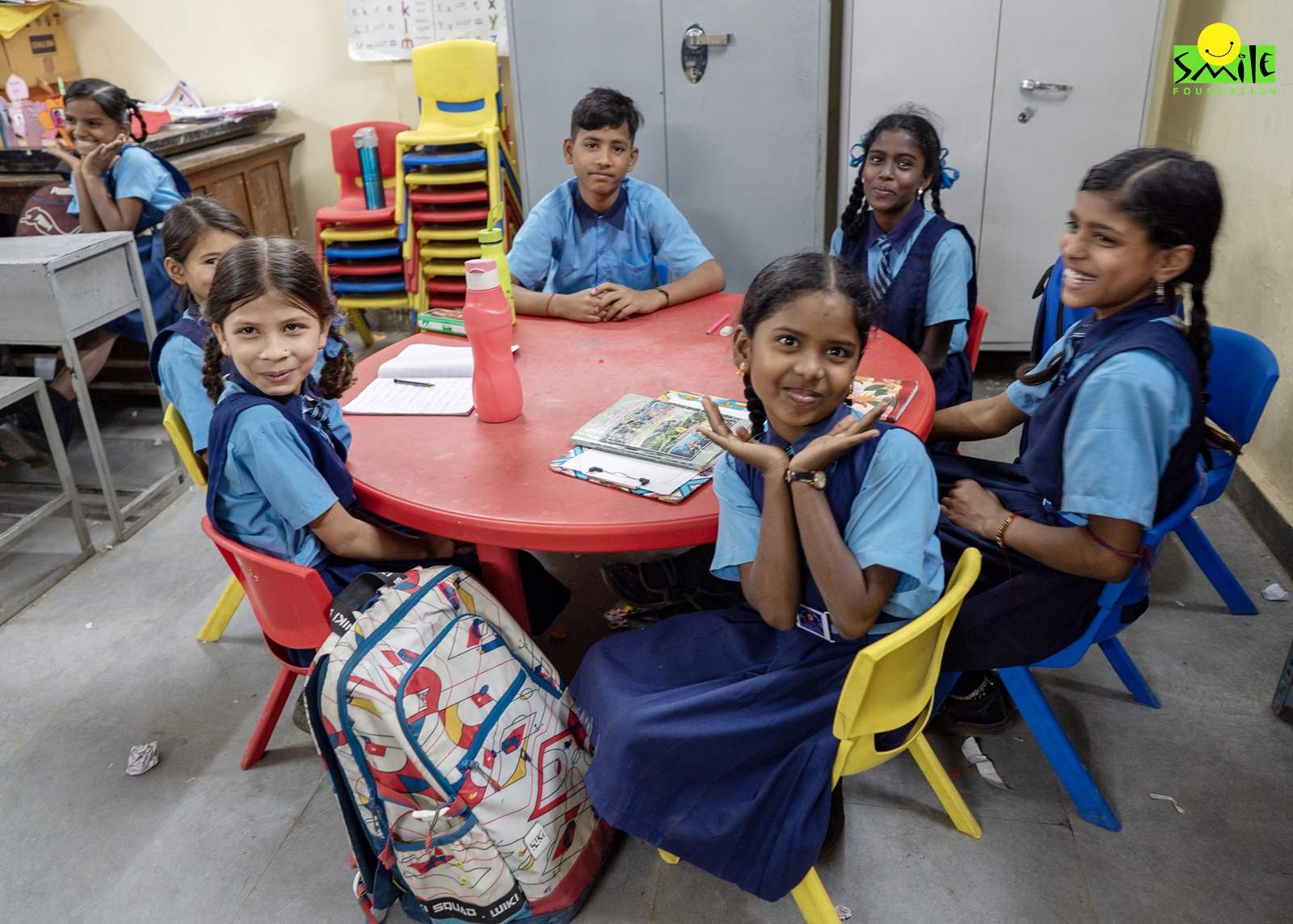In recent years, discussions surrounding menstruation and its socio-economic implications have gained momentum worldwide. However, one term that often sparks debate within this discourse is “period poverty.” While the phrase aims to shed light on the lack of access to menstrual hygiene products due to economic constraints, many find it inadequate in capturing the complexity and dignity of the issue. The term “period poverty” may fall short and explore how menstrual cups emerge as a sustainable solution to address the challenges associated with menstruation.
Understanding Period Poverty
Period poverty refers to the inability of individuals to afford or access menstrual hygiene products, leading to adverse consequences such as compromised health, limited educational opportunities, and social stigma. Across the globe, millions of individuals, particularly those from marginaliSed communities, face challenges in managing their menstruation due to financial constraints.
However, critics argue that the term “period poverty” reduces a multifaceted issue to a singular economic dimension, overlooking the broader systemic inequalities and cultural taboos surrounding menstruation. Moreover, it fails to acknowledge the dignity and agency of individuals experiencing menstruation-related challenges.
Challenges with the Term “Period Poverty”
- Stigmatization: The term “period poverty” inadvertently perpetuates stigma by framing menstruation as a condition of poverty rather than a natural bodily process. This framing can further marginalise individuals experiencing menstruation-related challenges, contributing to feelings of shame and embarrassment.
- Lack of Agency: By focusing solely on economic constraints, the term “period poverty” overlooks the agency of individuals in managing their menstruation. It fails to recognise the diverse needs and preferences of menstruators and reinforces a paternalistic approach to addressing menstrual health.
- Limited Scope: While economic barriers play a significant role in menstrual health inequities, they are only one aspect of a complex web of factors contributing to the problem. Issues such as inadequate access to education, healthcare, and sanitation infrastructure also intersect with menstruation, requiring a more comprehensive approach to address them effectively.
Menstrual Cups: A Sustainable Solution?
Amidst discussions about period poverty, menstrual cups have emerged as a promising solution to address the challenges associated with menstruation. These reusable, silicone-based cups offer several advantages over traditional menstrual hygiene products like pads and tampons –
- Cost-Effective: While the upfront cost of a menstrual cup may be higher than disposable products, its reusable nature makes it a cost-effective option in the long run. A single menstrual cup can last for several years with proper care, eliminating the need for monthly purchases of pads or tampons.
- Environmentally Friendly: Menstrual cups significantly reduce the environmental footprint associated with menstruation. Unlike disposable products that contribute to plastic waste and pollution, menstrual cups are reusable and produce minimal waste. This eco-friendly aspect aligns with broader sustainability goals and promotes responsible consumption.
- Health Benefits: Menstrual cups are made from medical-grade silicone, a hypoallergenic material that minimizes the risk of irritation and infection. Unlike tampons, which can disrupt the vaginal microbiome and increase the risk of Toxic Shock Syndrome (TSS), menstrual cups offer a safer and more comfortable alternative for menstruators.
- Empowerment and Autonomy: By choosing menstrual cups, individuals gain greater control over their menstrual health and hygiene. They can make informed decisions based on their unique needs and preferences, reclaiming agency over a fundamental aspect of their bodily experience.
Promoting Menstrual Cup Adoption in Rural India
In rural parts of India, where access to menstrual hygiene products is limited, raising awareness about menstrual cups can be transformative. By educating young girls and women about the benefits of menstrual cups, we can empower them to make informed choices about their menstrual health.
Community-based initiatives, led by local organisations and women’s groups, play a crucial role in disseminating information about menstrual cups and dispelling myths and misconceptions. Workshops, awareness campaigns, and peer-to-peer education programs can help normalise the use of menstrual cups and challenge stigma surrounding menstruation.
Furthermore, providing access to affordable and sustainable menstrual products, including menstrual cups, through government programs and community distribution networks can ensure equitable access for all menstruators, regardless of their socio-economic status.
By addressing the barriers to menstrual health and promoting the adoption of menstrual cups, we can not only end period poverty but also empower women and girls to lead healthier, more dignified lives.
Conclusion
While the term “period poverty” may have limitations in capturing the complexities of menstruation-related challenges, it serves as a starting point for broader conversations about menstrual health equity. By adopting a more holistic and inclusive approach, we can address the systemic inequalities and cultural taboos that perpetuate menstruation-related stigma and marginalisation.
Menstrual cups offer a sustainable solution to the challenges associated with menstruation, empowering individuals to manage their periods with dignity and autonomy. By promoting access to menstrual cups and comprehensive menstrual health education, we can work towards a future where menstruation is celebrated as a natural and healthy part of life, free from stigma and discrimination.
Through collective efforts and advocacy, we can create a world where all individuals have equitable access to menstrual health resources and support, regardless of their socioeconomic status or background. Together, we can end period poverty and build a more inclusive and empowering future for menstruators worldwide.
Smile Foundation’s Swabhiman programme aims to address the challenges of menstrual health and hygiene, particularly in marginalised communities across India. Through Swabhiman, we foundation conduct menstrual health awareness workshops, distributes menstrual hygiene products, and provides access to affordable and sustainable solutions like menstrual cups.
By empowering women and girls with knowledge about menstrual health and offering practical solutions, the initiative strives to break the barriers of stigma and taboo surrounding menstruation. Through community engagement and partnerships with local organisations, Swabhiman tries to ensure that menstruators of every age have the resources and support they need to manage their periods with dignity and confidence.



